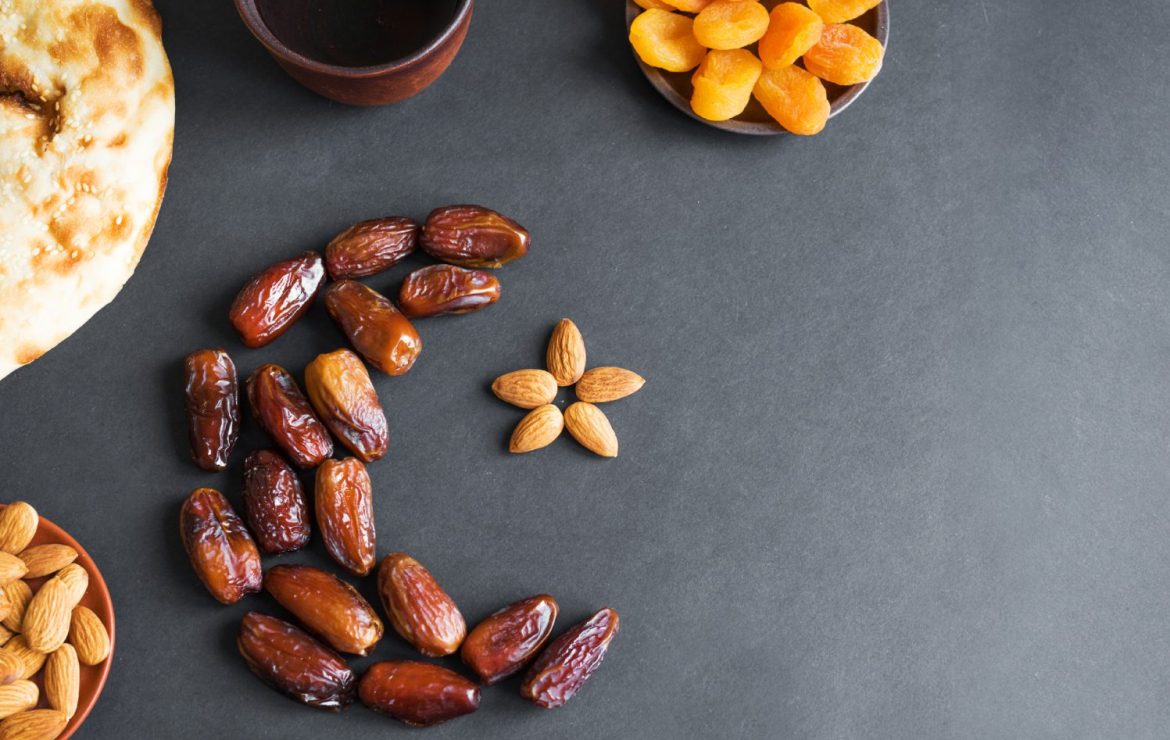Ramadan is a great opportunity to promote health and change many unhealthy habits that affect individual and community health.
This holy month can help people improve their health and adopt healthy behaviours such as quitting smoking, weight loss, and maintaining a healthy body.
Quitting Smoking
Ramadan constitutes a great opportunity for those wishing to quit smoking, as fasting already prevents them from smoking for many hours, giving them a shorter distance to go before quitting smoking altogether.
This month can be utilised as a comprehensive health programme to gradually quit smoking by following these steps:
Reflect on the health and financial disadvantages of smoking and remember that quitting symptoms vary depending on individual body nature.
Involve family and friends and inform them of the decision to quit smoking, avoid places where smokers gather, and remove all smoking reminders or odours from home, car, and workplace as much as possible.
Consult a doctor or specialised clinics that help with smoking cessation to get the needed medications to reduce quitting symptoms.
Gradually reduce your smoking before the beginning of Ramadan, from 3 days to a week, to make the initial fasting days easier for smokers and avoid some negative quitting symptoms such as difficulty concentrating, irritability, depression, headache, and dizziness.
Completely abstain from smoking during Ramadan, which is better than reducing the number of cigarettes smoked daily and avoid all types of tobacco smoking, including shisha or e-cigarettes, as they have the same harmful effects and will not help you quit smoking.
Develop a plan to replace smoking habits with other healthy and beneficial habits such as walking or reading.
Start a regular exercise programme because exercise reduces the desire to smoke, helps avoid weight gain, and helps regulate mood and maintain mental health.
Maintain adequate fluid intake, especially water, and pay attention to proper nutrition to improve overall health.
Get your teeth cleaned by a dentist to remove cigarette deposits and make dental cleanliness an incentive to avoid relapses.
By the end of Ramadan, the body will have almost completely eliminated nicotine deposits. All that remains is for you to have determination and willpower because quitting smoking is not easy and requires patience to quit smoking permanently and enjoy the health of the respiratory system and other positive results such as regular blood circulation and reducing the risk of serious diseases such as cancer, heart attack, or stroke.
Weight Loss and Maintaining Health
Ramadan presents a golden opportunity for weight loss. Still, it’s important to realise that the impact of fasting on body weight varies from person to person, depending on dietary choices and physical activity.
Some individuals maintain their weight during fasting, while others experience weight gain or loss.
Consider the following key points to maintain a healthy weight:
Adopt healthy eating habits, such as avoiding overeating to the point of feeling stuffed and dividing the Iftar meal into two smaller meals instead of one large meal as follows:
First: Start with dates and water or soup to prepare the stomach for food.
Second: Consume the main meal slowly.
Make sure to consume sufficient quantities of vegetables, which are low in calories, easy to digest, and provide the body with numerous vitamins and minerals.
Moreover, vegetables are rich in fibre, which helps you feel full and thus contributes to reducing the amount of food consumed.
Therefore, it is recommended to diversify salads and soups containing various vegetables, and it is advised to serve them cooked or grilled in their different forms.
Avoid the excessive consumption of sweetened juices, soft drinks, or energy drinks during both Iftar and Suhoor meals because they are low in nutritional value, hinder digestion efficiency, fill the stomach, and contain a high level of calories that contribute to weight gain.
Ensure body hydration by drinking sufficient amounts of water and consuming foods with a high water content such as soup, vegetables, and fruits like cucumber, lettuce, tomatoes, and watermelon during both Suhoor and Iftar meals.
Reduce the intake of fried foods as much as possible, such as fried samosas, falafel, French fries, and fried vegetables, because they are rich in calories, and excessive consumption may cause digestive disorders.
Consume desserts in small quantities and avoid using them as a substitute for meals to satisfy hunger and try to opt for types with fewer calories based on their ingredients. For instance, it’s better to have a plate of fruit salad instead of a piece of knafeh or baklava.
Consume whole grains rich in dietary fibre, such as whole wheat, bulgur, barley, and brown rice, as they help you feel full.
Avoid skipping the Suhoor meal and make sure it includes proteins (such as milk, cheese, or eggs) and complex carbohydrates like whole grain bread while reducing the intake of salty foods to avoid feeling thirsty the next day.
Maintain regular physical activity as it helps burn more calories and maintain a healthy weight.
By: Dr. Badreyya Al-Harmi, Consultant Public Health, Emirates Public Health Association













